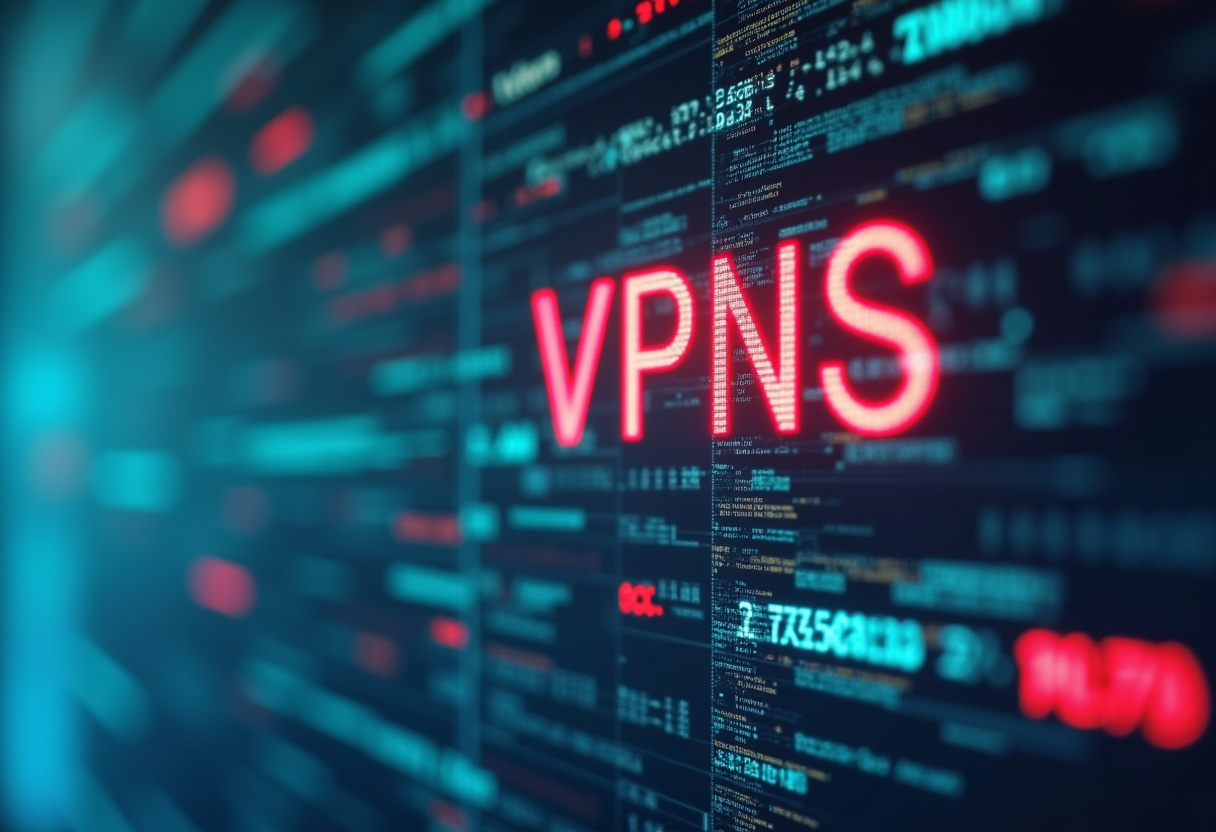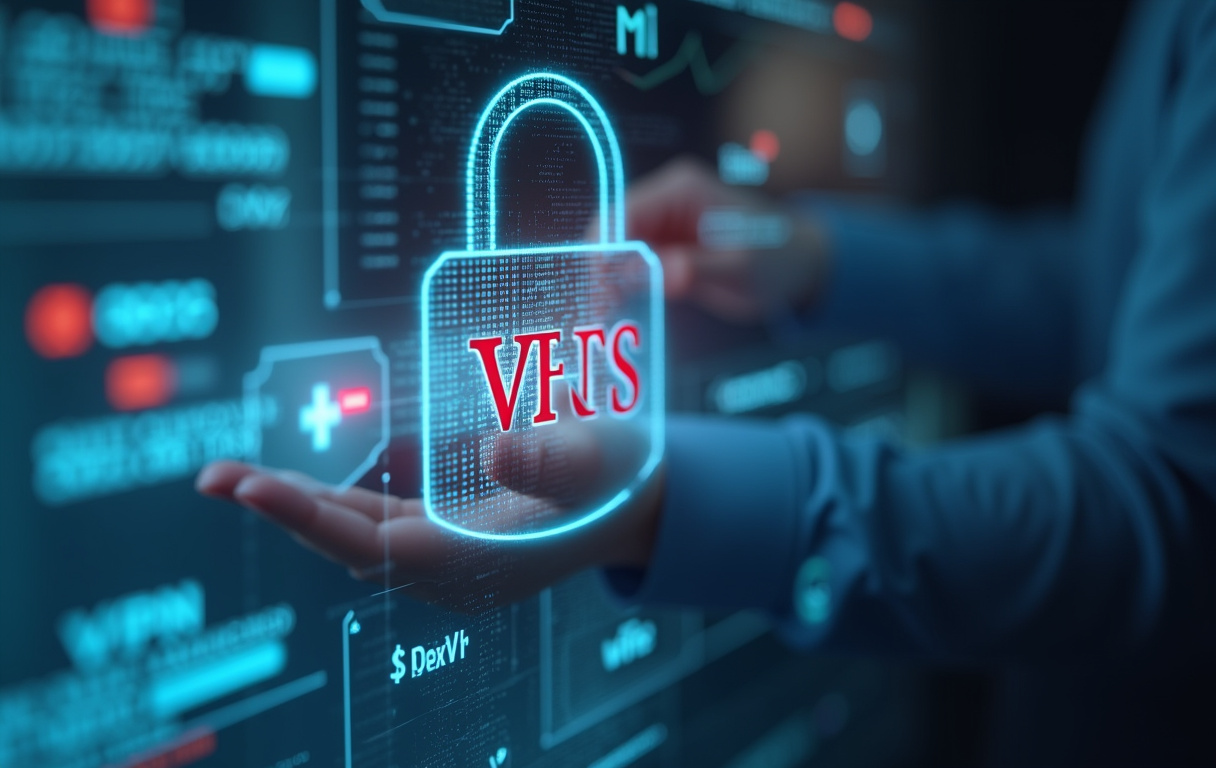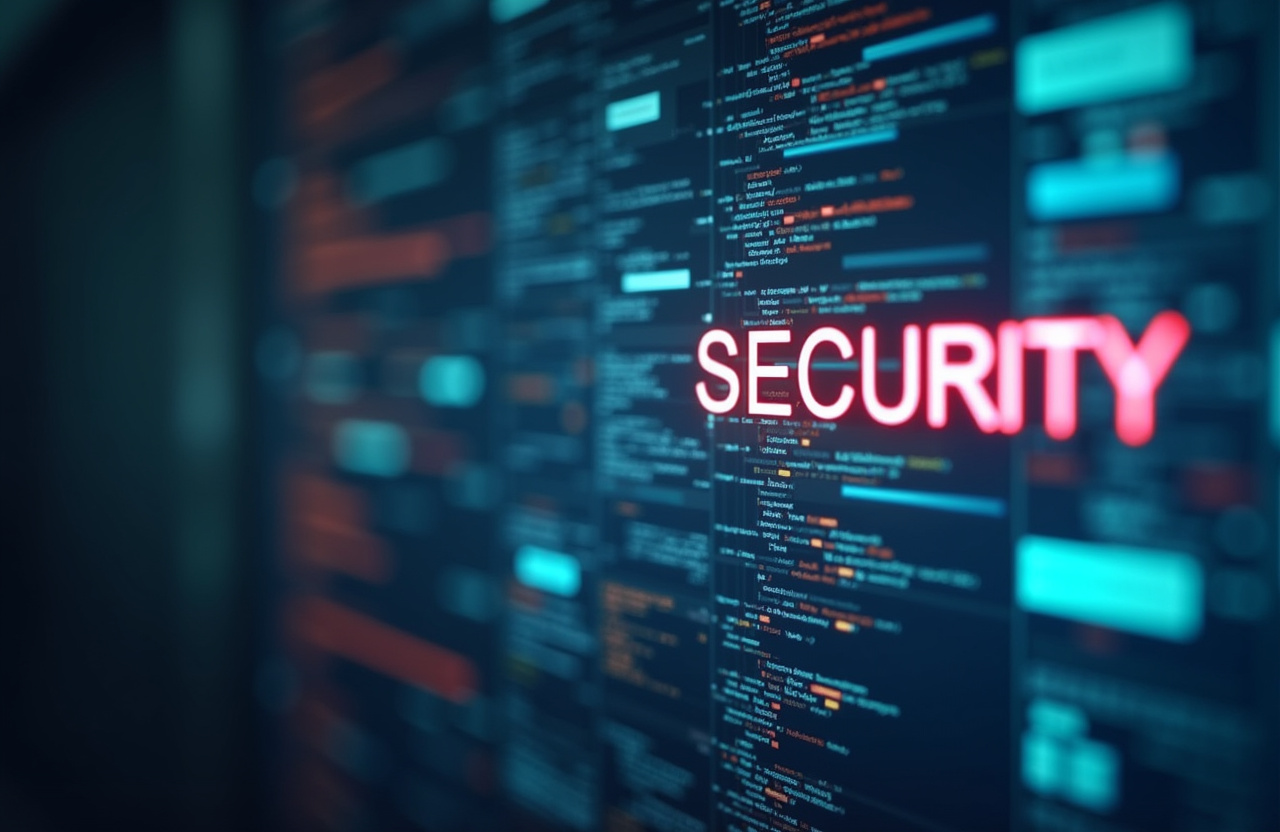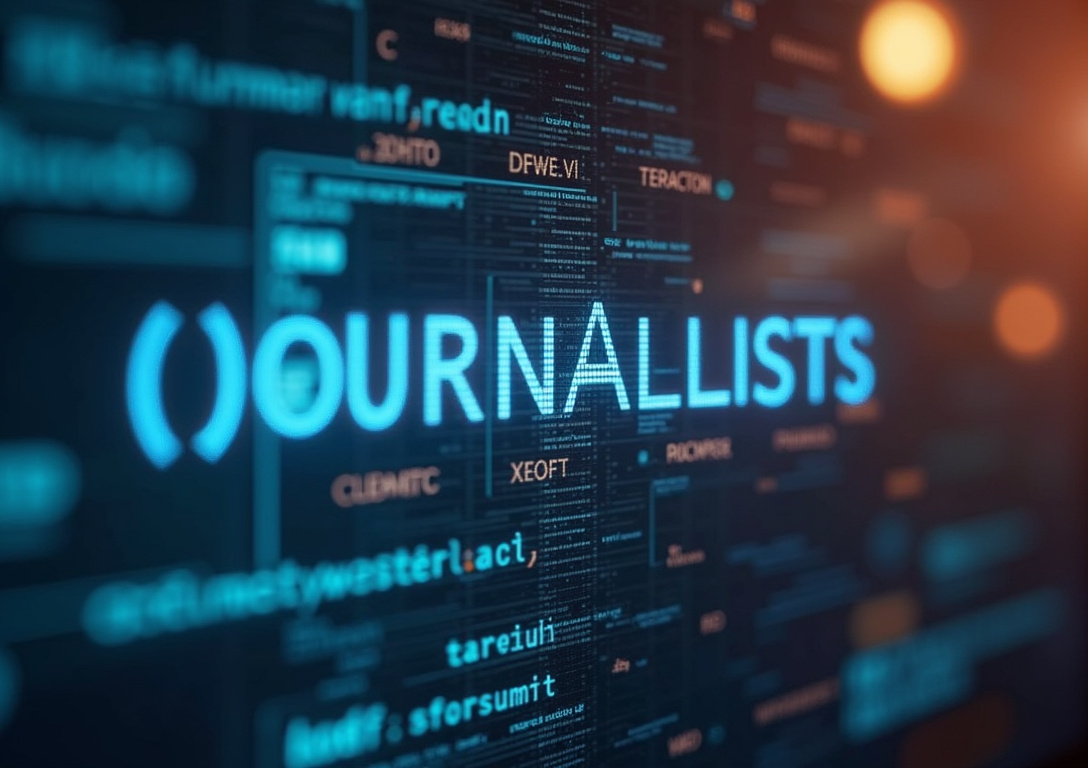VPNs for Independent Journalism: Safeguarding Source Anonymity
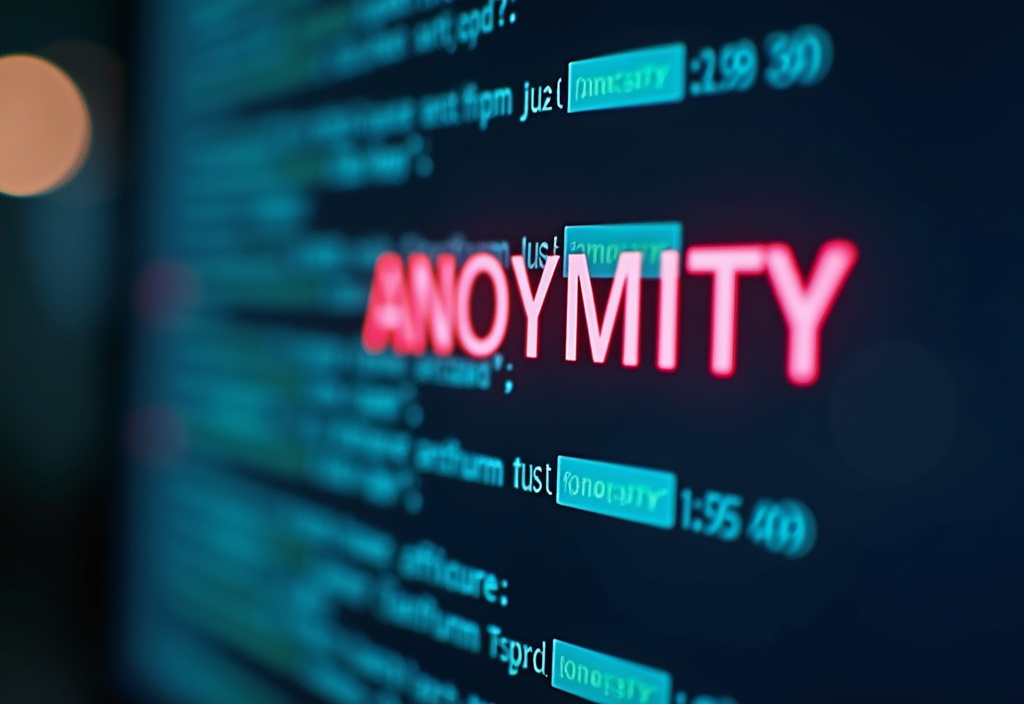
Table of Contents
The Critical Role of VPNs in Protecting Journalistic Integrity
In the high-stakes world of modern media, where the pursuit of truth often clashes with powerful interests and pervasive surveillance, independent journalism stands as a beacon of accountability and transparency. However, the very act of uncovering and reporting sensitive information can place journalists and their sources at considerable risk. To navigate this complex and often dangerous landscape, independent journalists are increasingly turning to Virtual Private Networks (VPNs) as an essential tool for safeguarding source anonymity, ensuring information protection, and ultimately, preserving reporting integrity.
This article delves into the critical role of VPNs in empowering independent journalism, exploring the multifaceted benefits they offer in a world where the free flow of information is constantly under threat. The core principle behind a VPN lies in establishing a secure, encrypted tunnel between a journalist's device and a remote server. This process effectively masks the journalist's real IP address, the unique identifier that pinpoints their location on the internet.
This masking makes it significantly more challenging for entities, be they government agencies, corporations, or malicious hackers, to track the journalist's online activities, monitor their communications, or even physically locate them. Concurrently, the VPN encrypts all internet traffic passing through the tunnel, rendering it unreadable to eavesdroppers who might attempt to intercept sensitive data, such as emails, documents, or chat logs. This combination of IP address masking and traffic encryption provides a robust layer of anonymity and confidentiality, allowing journalists to conduct their investigations and report their findings with a greater degree of safety and security.
For independent journalists, who frequently operate outside the protective umbrella of large media organizations and often lack their extensive resources and legal support, this level of protection is not merely a convenience, but a necessity. The need for VPNs in independent journalism stems from the increasing sophistication of surveillance technologies and the willingness of governments and other actors to employ them against journalists and their sources. In many parts of the world, journalists face routine monitoring of their online activities, including their browsing history, social media interactions, and email communications.
This surveillance can be used to identify their sources, track their movements, and even build cases against them for alleged violations of national security laws or other vaguely defined offenses. Without the protection of a VPN, journalists are essentially operating in the open, leaving themselves vulnerable to these intrusive surveillance tactics. By masking their IP address and encrypting their traffic, a VPN creates a barrier between the journalist and the surveillance apparatus, making it significantly more difficult for authorities to monitor their activities and identify their sources.
This is especially crucial when dealing with whistleblowers or other individuals who are providing sensitive information at considerable personal risk. Beyond the fundamental benefits of anonymity and encryption, VPNs offer a range of advanced features that can further enhance information protection. Many reputable VPN providers offer a "kill switch" feature, which automatically disconnects the internet connection if the VPN connection drops unexpectedly.
This prevents unencrypted data from being transmitted, which could potentially expose the journalist's IP address and location. Some VPNs also offer "obfuscation" techniques, which disguise VPN traffic as regular internet traffic, making it more difficult for network administrators or internet service providers to detect that a VPN is being used. This can be particularly useful in countries where VPNs are blocked or restricted.
Furthermore, the ability to bypass geographical restrictions is a critical asset. Independent journalists often need to access information that is blocked or censored in their own country, whether it be news websites, social media platforms, or government documents. A VPN allows them to connect to servers in different locations, effectively circumventing these restrictions and accessing the information they need to conduct their investigations.
This is particularly important for journalists covering international events or investigating cross-border issues, where access to information from multiple sources is essential.
Understanding the Threats: Why Journalists and Sources Need VPNs
Another pivotal aspect of employing an independent journalism VPN lies in the bolstering of source anonymity, a cornerstone of investigative reporting and a crucial element in holding power to account. Sources who possess sensitive information, whether regarding government misconduct, corporate malfeasance, or other matters of public interest, often face significant personal risks in coming forward. These risks can range from professional repercussions and social ostracism to legal challenges and even physical threats.
For these individuals, the assurance of anonymity is often the deciding factor in whether or not they are willing to share their knowledge with a journalist. In this context, a VPN acts as a powerful shield, protecting the identities of sources and fostering a climate of trust that encourages the free flow of information. The ability of a VPN to protect source anonymity is multifaceted.
Firstly, by masking the journalist's IP address, the VPN prevents authorities or other interested parties from tracing the journalist's online activities back to their physical location or personal identity. This is particularly important when the journalist is communicating with a source through online channels, such as email, messaging apps, or file-sharing services. Secondly, by encrypting all internet traffic, the VPN prevents eavesdroppers from intercepting and reading the content of these communications.
This ensures that even if a third party were to gain access to the journalist's internet connection, they would not be able to decipher the messages being exchanged with the source. This combination of IP address masking and traffic encryption creates a secure and confidential communication channel, allowing the journalist and the source to exchange information without fear of being monitored or identified. However, the effectiveness of a VPN in protecting source anonymity is contingent on several factors, including the VPN provider's policies, the strength of its encryption, and its jurisdiction.
Journalists must exercise due diligence in selecting a VPN provider, carefully reviewing its privacy policy and terms of service to ensure that it does not log user activity or share user data with third parties. Ideally, the VPN provider should have a proven track record of protecting user privacy and should be located in a jurisdiction with strong data protection laws. The strength of the VPN's encryption is also a critical consideration.
Journalists should choose a VPN that uses strong encryption protocols, such as AES-256, which is widely considered to be unbreakable. Furthermore, journalists should be aware of the potential risks associated with metadata, which is data about data. Metadata can reveal information about the sender and recipient of a message, the time it was sent, and the location from which it was sent.
Even if the content of a message is encrypted, the metadata can still be used to identify sources. To mitigate this risk, journalists can use tools that remove metadata from documents and images before sharing them with others. In addition to using a VPN, journalists should also adopt strong operational security practices to further protect their sources.
This includes using encrypted messaging apps like Signal or WhatsApp for secure communication, avoiding the use of personal email accounts for sensitive communications, and regularly updating their software and operating systems to patch security vulnerabilities. It also includes educating sources about the risks of communicating online and providing them with guidance on how to protect their own anonymity. It's crucial to remember that source protection is not solely a technical matter; it requires a holistic approach that encompasses both technical tools and operational security practices.
By combining a reliable VPN with sound security protocols, independent journalists can significantly reduce the risks faced by their sources and create an environment where individuals are empowered to speak truth to power without fear of reprisal. This ultimately strengthens the foundations of a free and informed society. Furthermore, the ethical considerations surrounding source anonymity dictate that journalists must always act in the best interests of their sources, weighing the public interest in the information being disclosed against the potential risks to the source.
Essential VPN Features for Journalism: Security and Anonymity Considerations
Information protection, in the context of independent journalism, extends far beyond the simple act of encrypting data transmitted over the internet. It encompasses a comprehensive and layered approach to safeguarding sensitive information from a multitude of potential threats, including unauthorized access, use, disclosure, disruption, modification, or destruction. For independent journalists, who often handle highly confidential and potentially damaging information, robust information protection measures are paramount for maintaining the integrity of their work, protecting their sources, and ensuring their own safety.
A VPN provides a critical foundation for this layered approach, but it's only one piece of the larger security puzzle. The scope of information needing protection in independent journalism is broad and diverse. It includes, but is not limited to: confidential source communications (emails, messages, documents), unpublished articles and research materials, personal data of journalists and their sources, financial records related to journalistic activities, and internal communications within journalistic teams.
Each of these categories of information carries its own specific risks and requires tailored security measures. For instance, source communications require strong encryption and anonymity protocols as detailed previously. Unpublished articles need to be protected from unauthorized access and potential plagiarism or premature release.
Personal data must be handled in compliance with relevant privacy regulations, and financial records must be secured against fraud and theft. A VPN contributes to this protection by securing the communication channel and masking location. However, the VPN is only securing transport of data, and isn't securing the device itself.
Therefore, robust password policies are crucial in ensuring information protection. Journalists should utilize strong, unique passwords for all their online accounts and devices, avoiding easily guessable words or personal information. Password managers can be valuable tools for generating and storing complex passwords securely.
Multi-factor authentication (MFA) adds an extra layer of security by requiring a second form of verification, such as a code sent to a mobile device, in addition to a password. This makes it significantly more difficult for unauthorized individuals to gain access to accounts, even if they have obtained the password. Likewise, regular data backups are critical for protecting against data loss due to hardware failure, software corruption, or ransomware attacks.
Journalists should implement a backup strategy that includes both local and offsite backups, ensuring that their data can be recovered even in the event of a major disaster. Beyond these fundamental security measures, journalists should also implement policies and procedures to govern the handling of sensitive information. This includes establishing clear guidelines for data storage, access control, and data disposal.
Access to sensitive information should be restricted to those who need it to perform their job duties, and access rights should be regularly reviewed and updated. Data disposal procedures should ensure that sensitive information is securely erased or destroyed when it is no longer needed. Virtualization represents another layer of security for information protection.
By running sensitive applications and activities within virtual machines, journalists can isolate them from the host operating system and prevent malware or other security threats from spreading to the entire system. For instance, a virtual machine could be used for communicating with sources, while the host operating system is used for less sensitive tasks. The choice of software and hardware can also significantly impact information protection.
Journalists should use reputable software from trusted vendors, and they should regularly update their software and operating systems to patch security vulnerabilities. They should also avoid using pirated or cracked software, which may contain malware or other security threats. Hardware should be chosen with security in mind, and it should be physically secured to prevent theft or unauthorized access.
Finally, continuous monitoring and threat assessment are essential for maintaining effective information protection. Journalists should monitor their systems for suspicious activity, and they should regularly assess their security posture to identify and address potential vulnerabilities. The implementation and consistent review of these safety meassures, provides reassurance for the journalist, their sources, and the information they are trying to uncover.
VPNs for Services: Enhancing the Security and Privacy of Online Platforms
Reporting integrity, the unwavering commitment to accuracy, fairness, and ethical conduct in journalism, is the bedrock upon which public trust is built. For independent journalists, who often operate outside the structures and resources of established media organizations, maintaining reporting integrity is not merely a professional obligation, but also a crucial factor in establishing credibility and garnering public support. A VPN, while primarily seen as a tool for enhancing security and anonymity, indirectly contributes to reporting integrity by providing a safe and secure environment for journalists to conduct their work, free from undue interference or coercion.
This security allows them to remain in contact with key sources, examine documentation more freely, and report in a style that best suits them, without fear of censorship. One of the most significant ways a VPN supports reporting integrity is by protecting journalists from censorship and surveillance. In many countries, governments and other powerful actors attempt to control the flow of information by censoring news websites, social media platforms, and other online resources.
They may also engage in surveillance of journalists, monitoring their online activities and communications in an attempt to identify their sources and suppress their reporting. A VPN allows journalists to circumvent these censorship efforts by connecting to servers in different locations, effectively bypassing geographical restrictions and accessing blocked content. It also protects them from surveillance by masking their IP address and encrypting their internet traffic, making it more difficult for authorities to track their activities.
In effect, the VPN offers a digital safe space where sensitive examination of materials can take place. By providing a secure and anonymous communication channel, a VPN also helps protect journalists from harassment and intimidation. Journalists who report on controversial or sensitive topics often face online harassment, threats, and even physical violence.
This harassment can be designed to silence them, intimidate them into self-censorship, or even force them to abandon their work altogether. A VPN can help protect journalists from these threats by masking their IP address and location, making it more difficult for harassers to identify them and target them with abuse. Combined with strong online safety practices, such as using strong passwords, enabling two-factor authentication, and avoiding the sharing of personal information online, a VPN can significantly reduce the risk of harassment and intimidation.
This protection of the journalist's person, leads to security in their reporting. Furthermore, a VPN can contribute to reporting integrity by allowing journalists to access and analyze sensitive information without fear of compromise. Investigative journalism often involves handling confidential documents, whistleblower testimonies, and other sensitive materials that could be damaging if exposed.
A VPN provides a secure and encrypted channel for accessing and transmitting this information, reducing the risk of it being intercepted or leaked. This allows journalists to conduct their investigations with greater confidence, knowing that their sources and their materials are protected. In addition to its protective functions, a VPN can actually expand the scope of reporting for independent journalists.
It is not an exaggeration to suggest, especially when referencing international events or investigations, that the VPN extends their reach, to maintain higher reporting integrity. The VPN acts as a tool for international sources to reach them safely and provides a digital space to operate. However, it is important to acknowledge that a VPN is not a panacea for all the challenges facing independent journalists.
It does not guarantee complete anonymity or absolute security, and it does not address the ethical considerations that are inherent in journalistic practice. Journalists must still adhere to the highest standards of accuracy, fairness, and transparency in their reporting, regardless of the security measures they employ. Moreover, journalists must be aware of the potential risks associated with using a VPN.
Some VPN providers may log user activity or share user data with third parties, and some VPNs may be vulnerable to security breaches. Therefore, it is crucial to choose a reputable VPN provider with a proven track record of protecting user privacy and security. Moreover, journalists must use VPNs responsibly and ethically, avoiding any activities that could harm others or violate the law.
They must also be transparent with their audience about their use of VPNs, explaining why they are using them and how they are protecting their sources and their information.
In conclusion, VPNs have emerged as indispensable tools for independent journalism, offering a multifaceted solution to the challenges of safeguarding source anonymity, ensuring information protection, and ultimately, upholding reporting integrity in an increasingly complex and surveilled digital landscape. By masking IP addresses, encrypting internet traffic, and providing access to geographically restricted content, VPNs empower independent journalists to conduct their investigations, communicate with sources, and publish their work with greater security and freedom. While VPNs are not a panacea for all the risks facing independent journalism, they provide a critical layer of protection that can significantly reduce the vulnerability of journalists and their sources to censorship, surveillance, harassment, and intimidation.
The benefits of using a VPN for independent journalism are undeniable. They allow journalists to operate in a more secure and confidential environment, protecting their sources from potential reprisal and enabling them to access and analyze sensitive information without fear of compromise. They also help journalists circumvent censorship efforts and access blocked content, expanding their reach and allowing them to report on a wider range of issues.
Ultimately, VPNs empower independent journalists to hold power accountable and inform the public, contributing to a more free and open society. However, it is crucial to recognize that VPNs are not a one-stop solution for all the security challenges facing independent journalists. They must be used in conjunction with other security measures, such as strong passwords, multi-factor authentication, encrypted messaging apps, and secure data storage practices.
Journalists must also be aware of the potential risks associated with using a VPN, such as the possibility of data logging or security breaches. Therefore, it is essential to choose a reputable VPN provider with a proven track record of protecting user privacy and security. Research and due diligence are key to selecting a VPN that meets the specific needs and requirements of independent journalists.
Considerations should include the VPN provider's logging policies, encryption protocols, jurisdiction, and security features, such as a kill switch and obfuscation. Furthermore, ethical considerations must always be at the forefront of journalistic practice, regardless of the security measures employed. Journalists must adhere to the highest standards of accuracy, fairness, and transparency in their reporting, and they must be transparent with their audience about their use of VPNs, explaining why they are using them and how they are protecting their sources and their information.
Looking ahead, as surveillance technologies continue to evolve and governments and other powerful actors become increasingly adept at monitoring and controlling the flow of information, the role of VPNs in independent journalism is likely to become even more critical. As such tools evolve, it is important for journalists and VPN providers to remain vigilant, and adapt as need be. Independent journalists must stay informed about the latest security threats and best practices, and they must continuously assess and improve their security posture.
VPN providers must continue to innovate and develop new security features to protect their users from evolving threats. Ultimately, the future of independent journalism depends on the ability of journalists to adapt and overcome the challenges they face, and VPNs will undoubtedly continue to play a vital role in empowering them to do so. In conclusion, the use of VPNs by independent journalists is not just a matter of technical security; it is a fundamental aspect of protecting freedom of the press and ensuring the public's right to know.
By providing anonymity, security, and access to information, VPNs empower independent journalists to hold power accountable, expose wrongdoing, and inform the public, contributing to a more just and democratic world. And for any new aspiring journalist, maintaining integrity will increase safety, in their professional and personel endeavors. The responsibility rests on these individuals, to remain diligent in safe practices, and continue to use VPNs, as well as other safe technologies for source anonymity.
The modern technological world will continue to evolve, and so must journalists to keep freedom alive.
Stay Updated
Get the latest VPN news, tips, and exclusive deals to your inbox.
